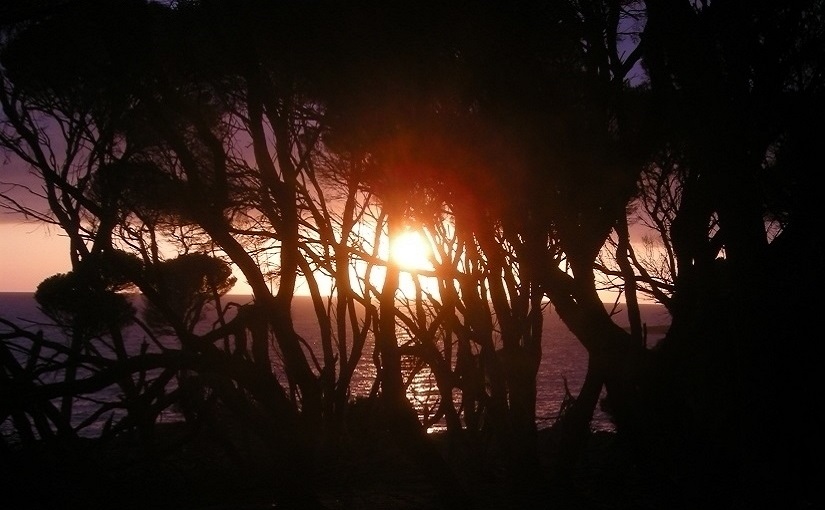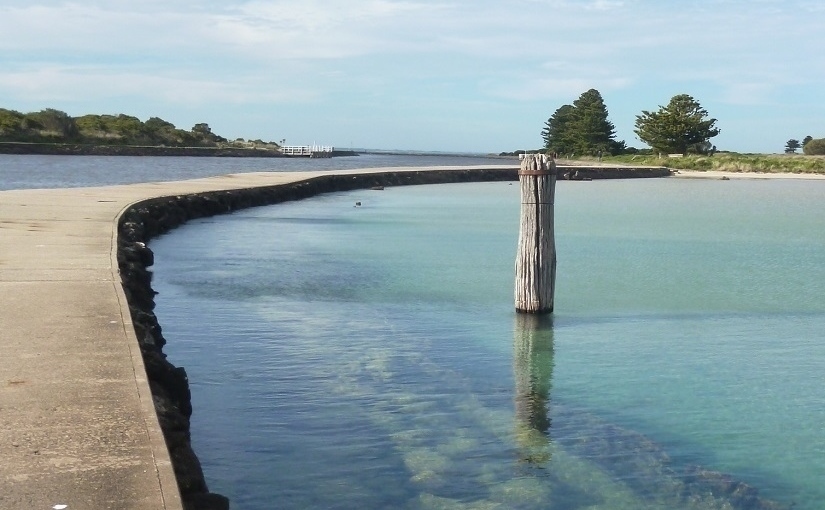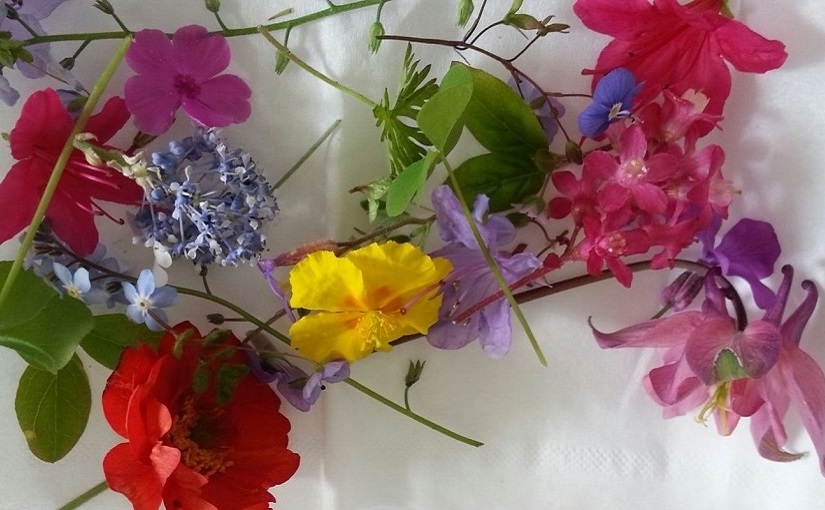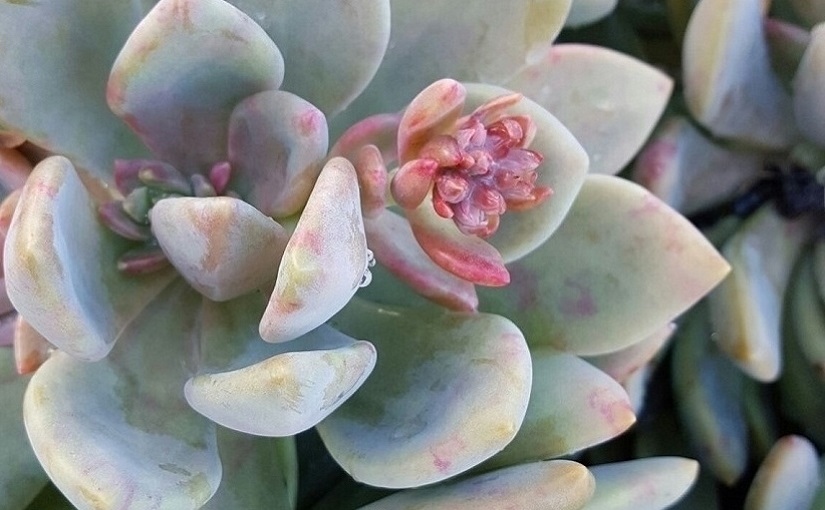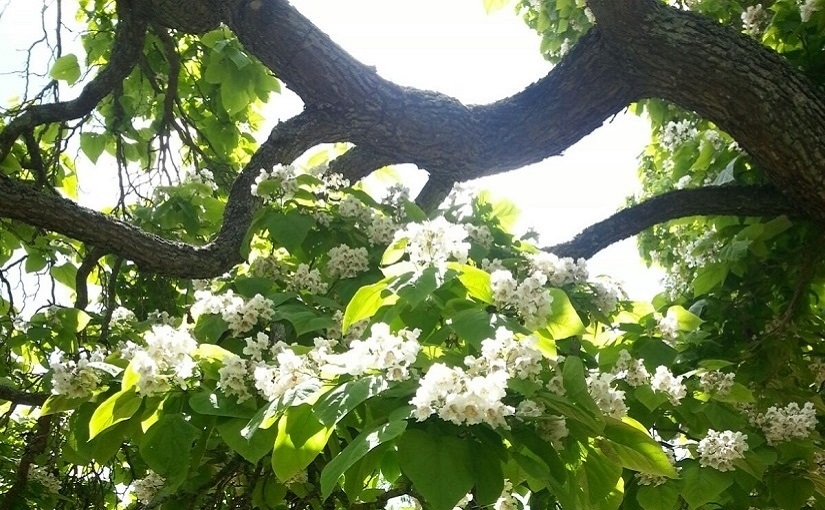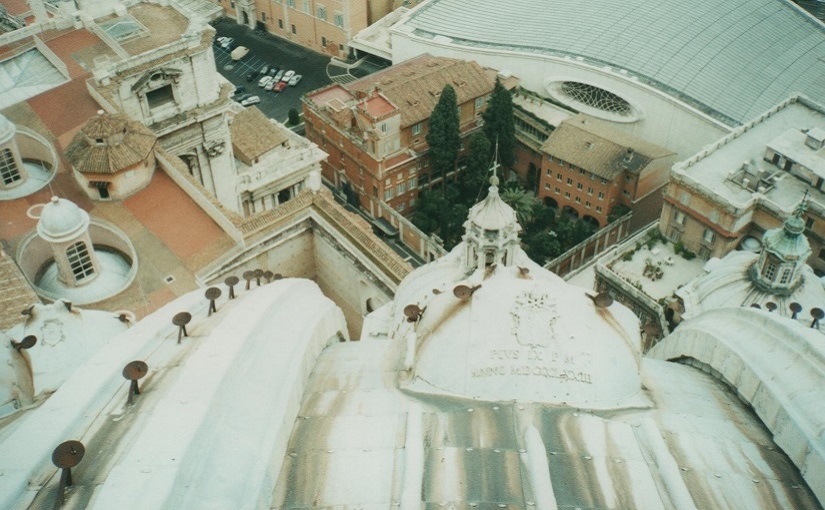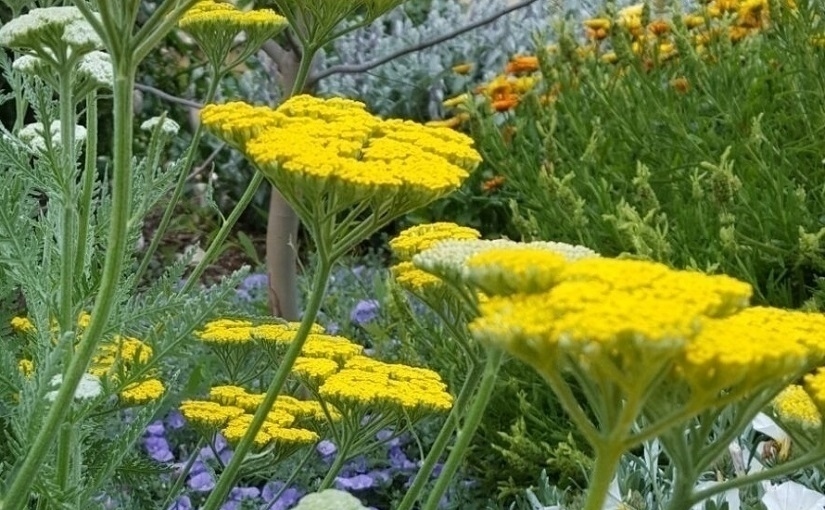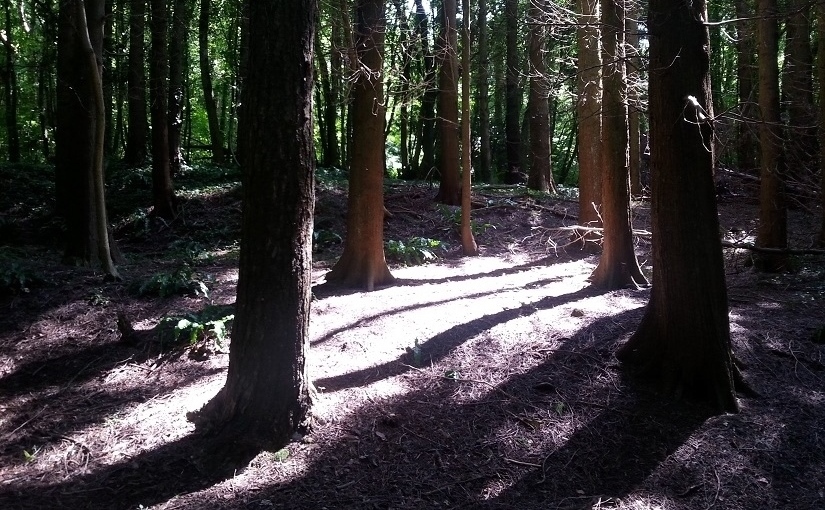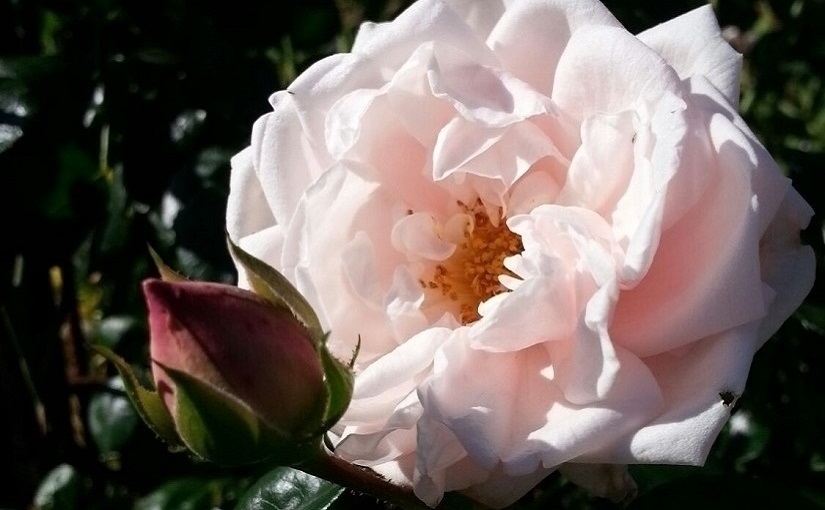Hope is this beautiful idea – hope can lead us forward, believing in what is possible, but it also leaves us open to disappointment if it’s wrongly placed. Without it, we’d be left thinking this is the only possible reality, that little or nothing can change.
We look at the world, we look at the individual, and both are almost undeniably flawed. We struggle to be all that we sense we can be, both on a personal level and more broadly as a society. Life seems a series of compromises as one by one our childhood ideals are broken or contorted. Our society doesn’t greet us and take us by the hand to work together for a better world, but seems to set us fighting one another for every rung of the ladder. Much of what ‘we’ do doesn’t really need to be done; it just creates profit or advantage on some level. Culture and advertising bombard us with unrealistic images, creating a market for these things and encouraging us to make personal comparisons (see Relating to cultural benchmarks). And with technology much is never forgotten, so that freedom to change seems harder.
At this point, the future of society – some say the world at large – is in the hands of humanity. So it seems we need to find some kind of hope there, in our ability to overcome what seems to be the inherent selfishness of “human nature” and create a better way forward.
This has headed in quite a bleak direction given the title of this post, but this is my point. Where can we place our hope? Can we believe in the potential of the human being? That to me is the essential question and many of the threads here I will be picking up again later this year. My earlier post Mental health relative to modern times also connects with this.
For me, despite all of the challenges and the darkness, I have deep faith in the human being, in our capacity to change and to connect with one another on the basis of the human condition we have in common.
I think the human being is the answer. We are undoubtedly the problem, but also the solution. Within ourselves it seems we must find the empathy, understanding, courage to cooperate and build a more human system that works for us rather than against, and respects rather than exploits the environment we depend upon.
And, for me, this is something we can start building on a smaller personal or community scale which also seems very hopeful.

